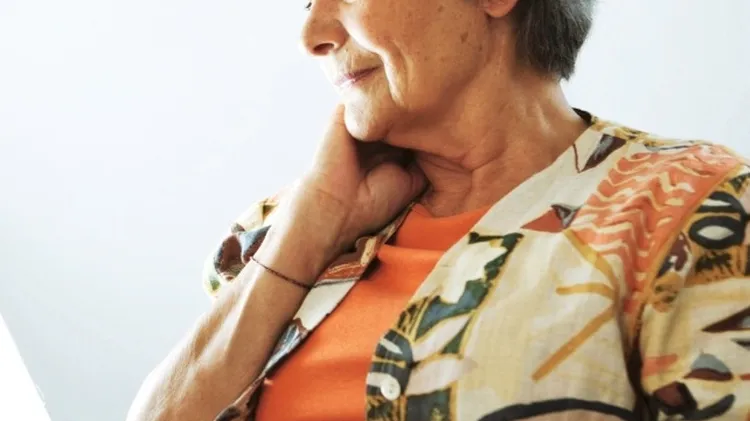We might associate this time of year with low mood, but it can be a seas
In the peak midwinter
3 min read
This article is from...
Read this article and 8000+ more magazines and newspapers on Readly






